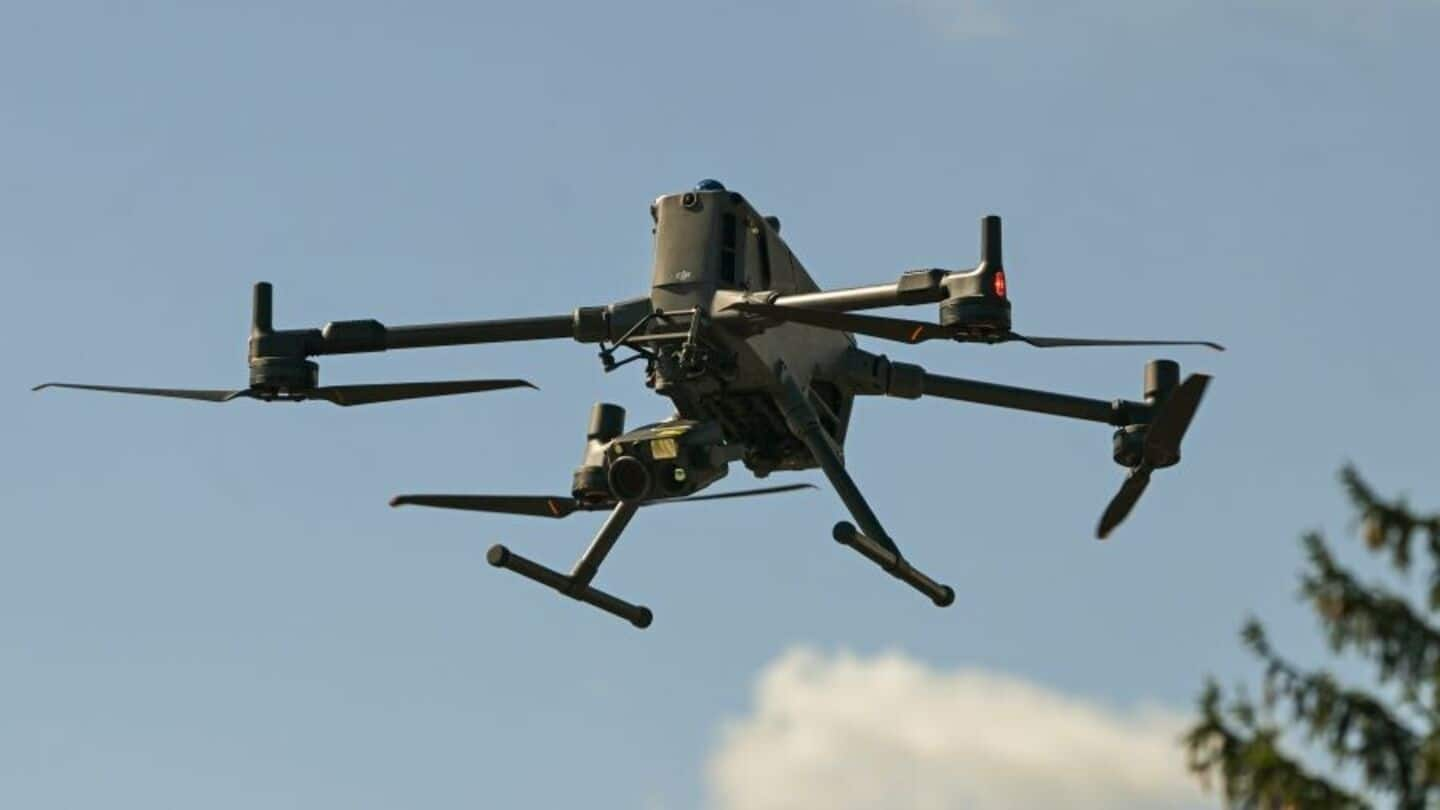
Germany allows police to shoot down drones after Munich incident
What's the story
The German cabinet has approved a reform to the Federal Police Act, allowing federal police to shoot down rogue drones. The decision comes after a series of disruptive drone sightings, including one that temporarily halted air traffic at Munich Airport. The incident affected thousands of travelers and raised serious security concerns.
Legislative response
New law addresses rise in suspicious drone activity
The new law, which is yet to be approved by parliament, aims to address a rise in suspicious drone activity across Europe. German Chancellor Friedrich Merz and other European Union leaders have linked these incidents to possible Russian hybrid warfare, an allegation that Moscow has denied. Interior Minister Alexander Dobrindt introduced the reform days after the Munich incident, saying it aims to reorganize responsibilities and strengthen defense against aerial threats.
Defense strategy
Law based on 3 key pillars
The new law is based on three key pillars to effectively tackle the increase in drone sightings. These include organizational cooperation through a joint federal and state drone defense center, the establishment of a specialized unit by federal police, and research and development efforts to keep Germany's defense capabilities up-to-date. Dobrindt said defensive measures could include jamming drones with electromagnetic waves, intercepting them, or shooting them down in cases of immediate danger.
Regional precedent
Germany joins other European countries in amending drone laws
The decision to amend the Federal Police Act, last revised in 1994, ends years of unsuccessful debates on the issue in previous legislative periods. The move is similar to what has already been done in Bavaria, where state leader Markus Soder allowed police to shoot down drones. Germany joins other European countries like Britain, France, Lithuania and Romania that have recently given security forces powers to down drones violating their airspace.